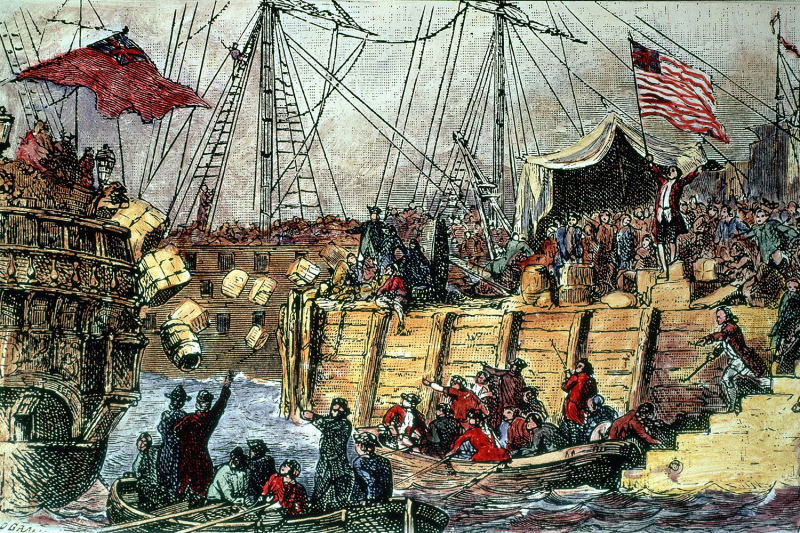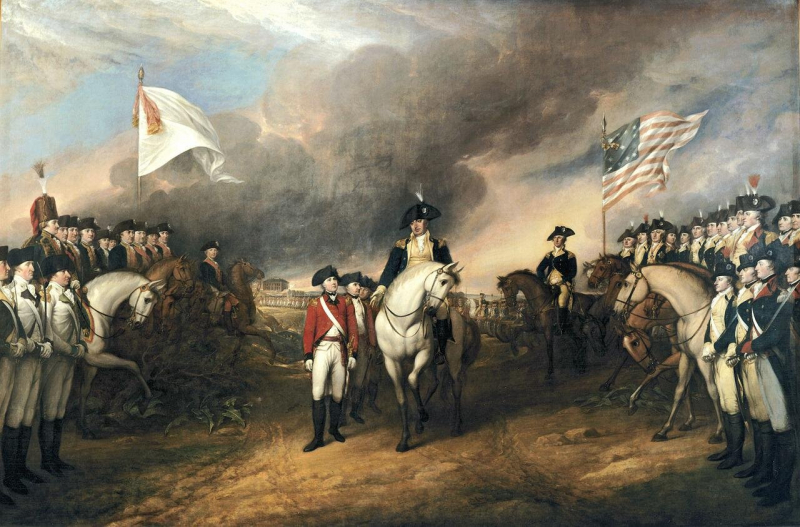Increased Sense of Independence among The Colonists
It is necessary to comprehend the nature of the conflict between the British colonies in America and Great Britain to comprehend the reason for the American Revolution. Unlike British colonies in Africa and Asia, the British and the white Americans who led the uprising against them had no concept of racial diversity. The Americans were not exploited subjects revolting against British oppression; rather, they were people seeking independence from the British government's meddling in their affairs.
Following Great Britain's victory in the French and Indian War, there was an explosion of political and intellectual unrest that gave rise to the American Revolution. Liberated from the threat of invading French and Indian armies, American colonists were urged to reject new British colonial policies that raised issues with power disparities, political rights, and personal liberty. John Adams and Mercy Otis Warren both claimed that British actions contributed to Americans' desire for independence and expanded individual liberties.
The colonies were generally self-governing in domestic issues, however, the British government had veto power over colonial laws. During the Revolutionary War, there were many contentious issues in Britain's American colonies, including the right to representation, political independence, the separation of church and state, nationalism, slavery, the closing of the Western frontier, increased taxes, commercial restrictions, the use of the military in civil unrest, individual freedoms, and judicial review. This gave people a sense of independence from the Crown over time. As a result, when the British government attempted to exert more control over the colonies, the colonies revolted against legislation that increased the sense of independence among the colonists.












